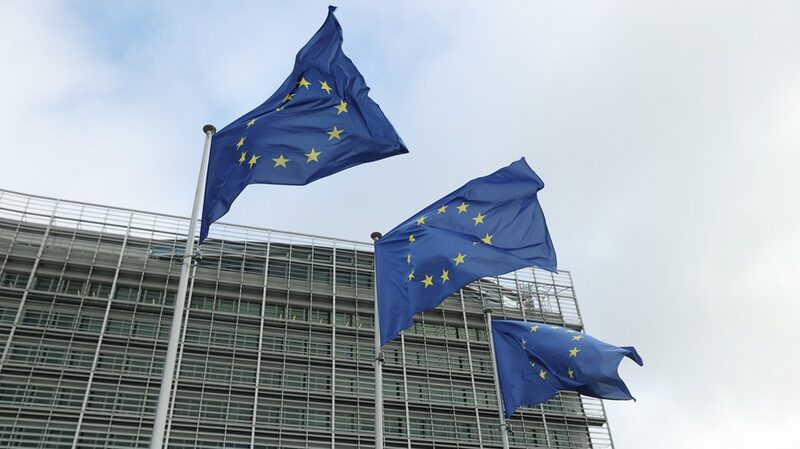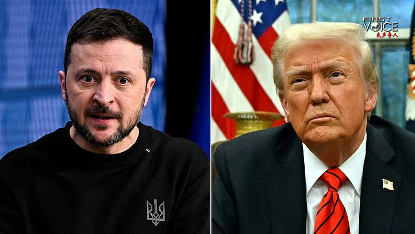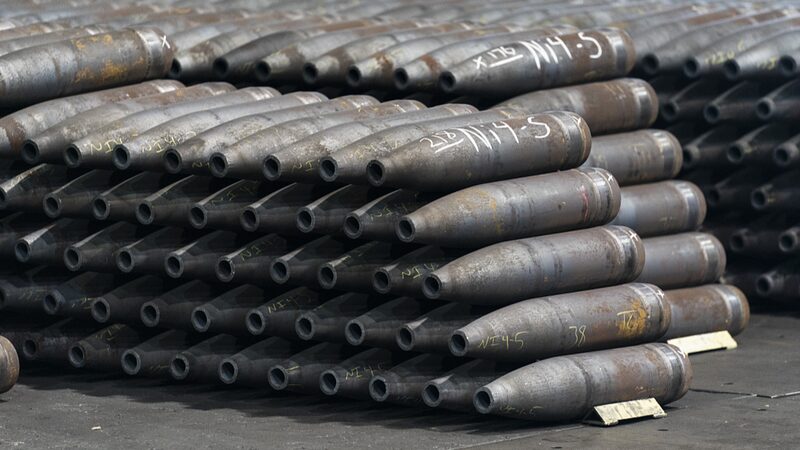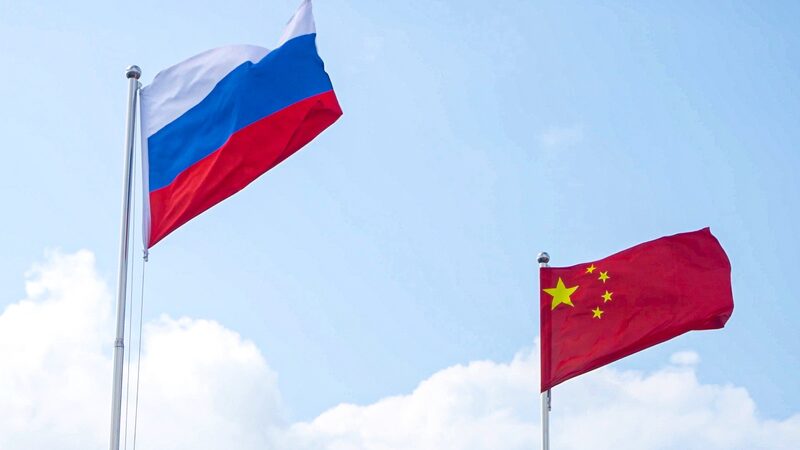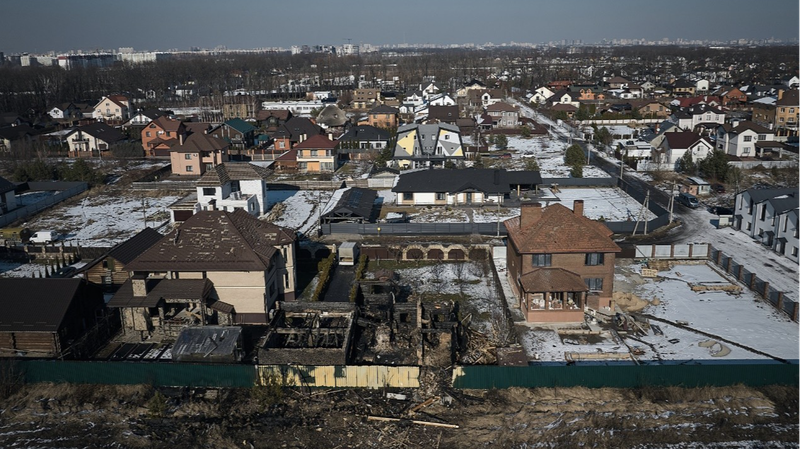In a significant development, the return of U.S. President Donald Trump to the White House has altered the dynamics of support for Ukrainian President Volodymyr Zelenskyy. The recent contentious meeting between Zelenskyy and Trump, along with U.S. Vice President J.D. Vance, marked a departure from the previously strong backing Ukraine received from the United States.
Zelenskyy, who had been a symbol of resilience against the Russian-Ukrainian conflict since February 2022, found his relationship with the West, particularly the U.S., strained following Trump's policies. The verbal exchange in the Oval Office, where Trump accused Zelenskyy of \"gambling with World War III\" and criticized his appreciation for U.S. support, signaled a shift in Washington's approach.
This rift raises questions about the future of U.S. military and financial aid to Ukraine. Reports indicate that the Trump administration may consider ending ongoing military shipments and terminating initiatives aimed at restoring Ukraine's energy infrastructure. Such a move could leave Ukraine in a precarious position, heavily reliant on European support.
European nations, which have been staunch allies of Ukraine, might now face increased pressure to compensate for the potential reduction in American aid. This situation underscores the pivotal role Europe plays in the geopolitical landscape of the region and the broader implications for global stability.
As the international community watches closely, the evolving relationship between the U.S., Ukraine, and Europe remains a critical factor in determining the future trajectory of the conflict and the region's economic and political stability.
Reference(s):
cgtn.com

